By Michelle Hu
<[email protected]>
Every Sunday afternoon, junior Pedram Navid walks through the doors of this school for extra lessons. He does not meet with a tutor to review math or chemistry or history. Instead, he is here on the weekends to learn Farsi, a Middle Eastern language spoken in areas of ancient Persia, or, as it is more commonly known, Iran.
Navid learns from the Society for the Promotion of Persian Culture (SPPC), whose members are local Iranian parents who, in 2005, wished for their children to maintain their cultural identities and thus formed a cooperative to achieve this goal.
 However, Farsi is not the only language taught at this school when it is not in session. The Indianapolis Chinese Community Center, Inc. (ICCCI) also offers courses for simplified Chinese on Saturday afternoons.
However, Farsi is not the only language taught at this school when it is not in session. The Indianapolis Chinese Community Center, Inc. (ICCCI) also offers courses for simplified Chinese on Saturday afternoons.
These extracurricular courses take place in the E rooms and have been for the past several years, unbeknownst to many students here. In addition, there are several upcoming events that will occur in this school while it is not in session.
On Jan. 17, the ICCCI will host its annual Chinese New Year celebration from 3 to 8 p.m. The SPPC will have its monthly meeting on the following day from 10 a.m. until noon.
Assistant Principal Doug Bird deals with any issues that arise from scheduling classrooms to outside organizations for use. He said there has been no trouble other than re-arranged desks, and that there are multiple benefits for this school to host other groups.
Bird said, “We have tremendous facilities that have been provided by taxpayer dollars, so the thought there is to get as much use out of them as possible.” According to him, the building is frequently unoccupied and unused over the weekends, and renting out classrooms provides an opportunity for tax money to be put to use.
In addition, Bird said it is relatively easy for organizations to rent classrooms, especially if they meet certain quotas and guidelines, such as a minimum proportion of Carmel residents in the society. If a school organization needs space, there is no rental fee associated with outside groups. But even for those non-Carmel organizations, Bird said, “It’s a reasonable cost.”
Since many residents do not visit the school often, Bird said the school receives more coverage. “I think it’s an additional opportunity for our school to get some positive exposure. A lot of people don’t know to the extent of what our facility can offer,” he said.
Though these organizations only use the school’s building on the weekends, they affect participating students in profound ways. Navid’s father has been part of the SPPC since its foundation, resulting in Navid’s concurrent involvement from the society’s inception. Originally, he said that the society began as a small community organization, and has burgeoned to over 60 students, spread mostly by word-of-mouth.
He said he has mainly learned about everyday habits in Iran. “I’ve learned a lot about customs and things they do there,” he said. “The teachers will be constantly talking about how people mostly (speak) slang and what they do when they greet each other and what’s appropriate to take if you’re going to someone’s house for a visitation.”
According to Navid, the SPPC students (who are mostly below high school age) learn Farsi, and then have the choice to attend additional courses. The girls may participate in traditional dance, which is usually performed at international festivals. The boys may practice Ir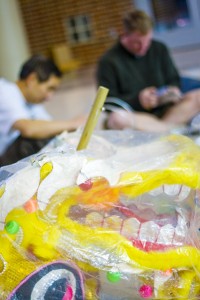 anian exercises.
anian exercises.
Since so many are young children, Navid said “they’re still reluctant to (take weekend classes), but some of them are starting to like it more especially because of the after-school programs.”
The Farsi courses are open to non-Iranian people, Navid said, but are not substitutes for an actual journey to Iran. “You do learn from these lessons, but of course it’s always best to actually just go (to Iran) and immerse yourself in (the culture),” he said.
Navid, however, does not visit Iran frequently, making these weekly courses a necessity. “Over here,” he said, “you don’t get to see Iran much, so you feel yourself losing a lot of your culture.”
He is one of the high school age students in the courses, and as a result, Navid said he has learned the usefulness of learning his language. “Going to (these classes) helps you keep in touch and teaches you more about your own cultural identity,” he said.
Though he said that Farsi is his second most familiar language, he still struggles to keep up with it. In his opinion, the SPPC meetings allow him to maintain a connection to the culture and the language.
Navid said, “(I take Farsi courses because) when I go to Iran, most of my family lives there, so (it helps) just to be able to connect with them and understand what they’re saying and things they do.”
















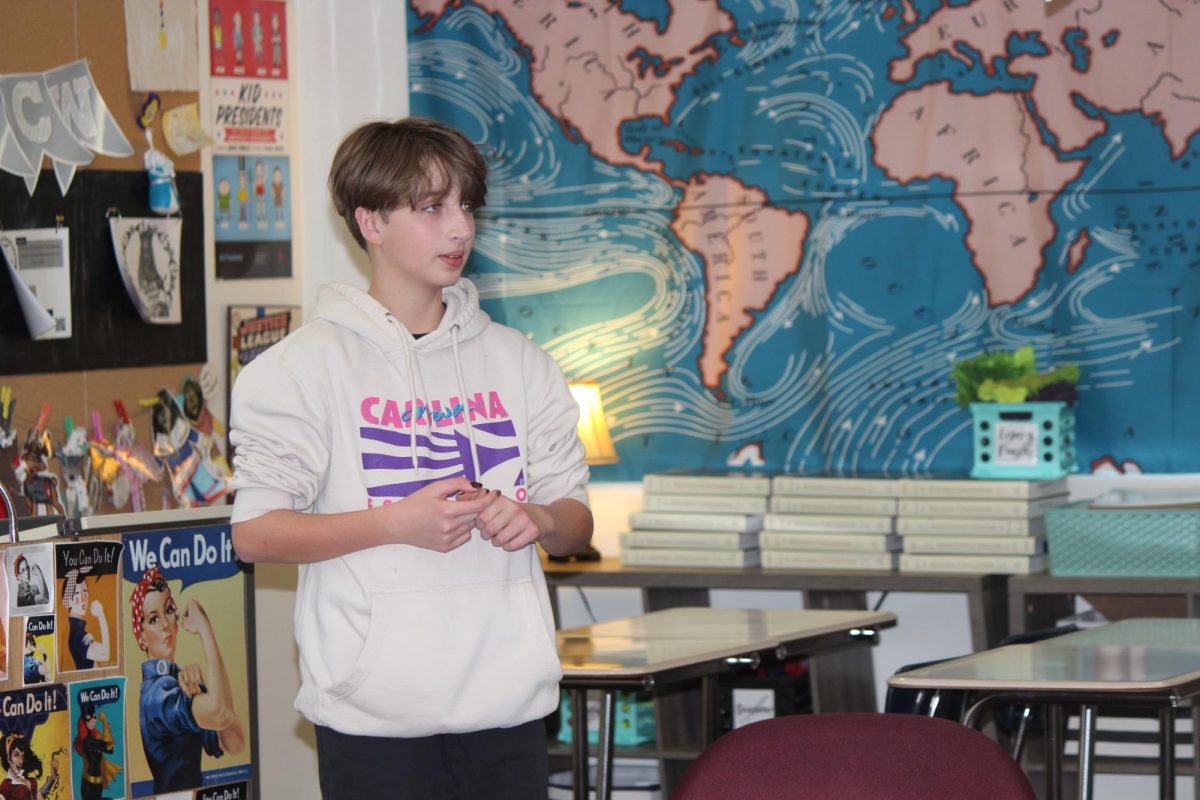












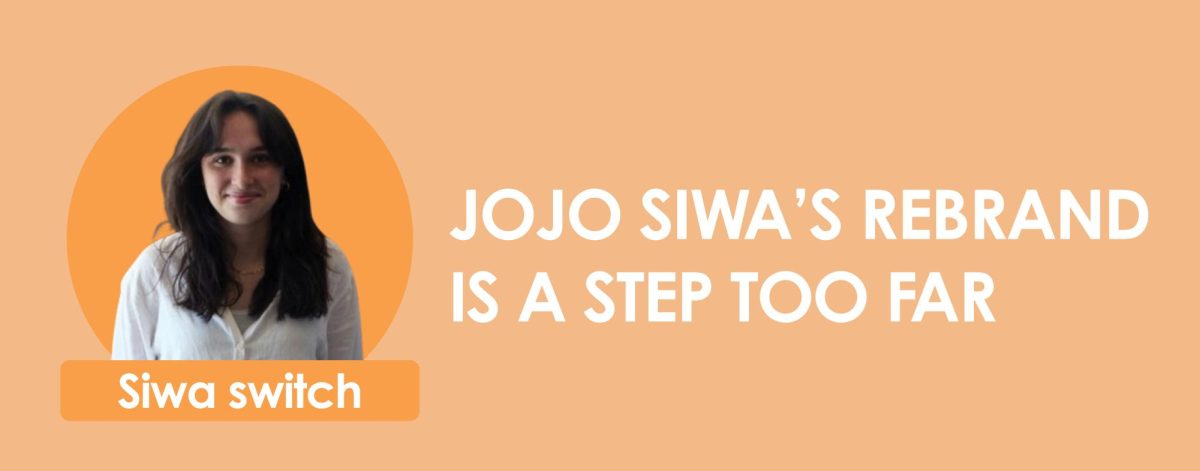
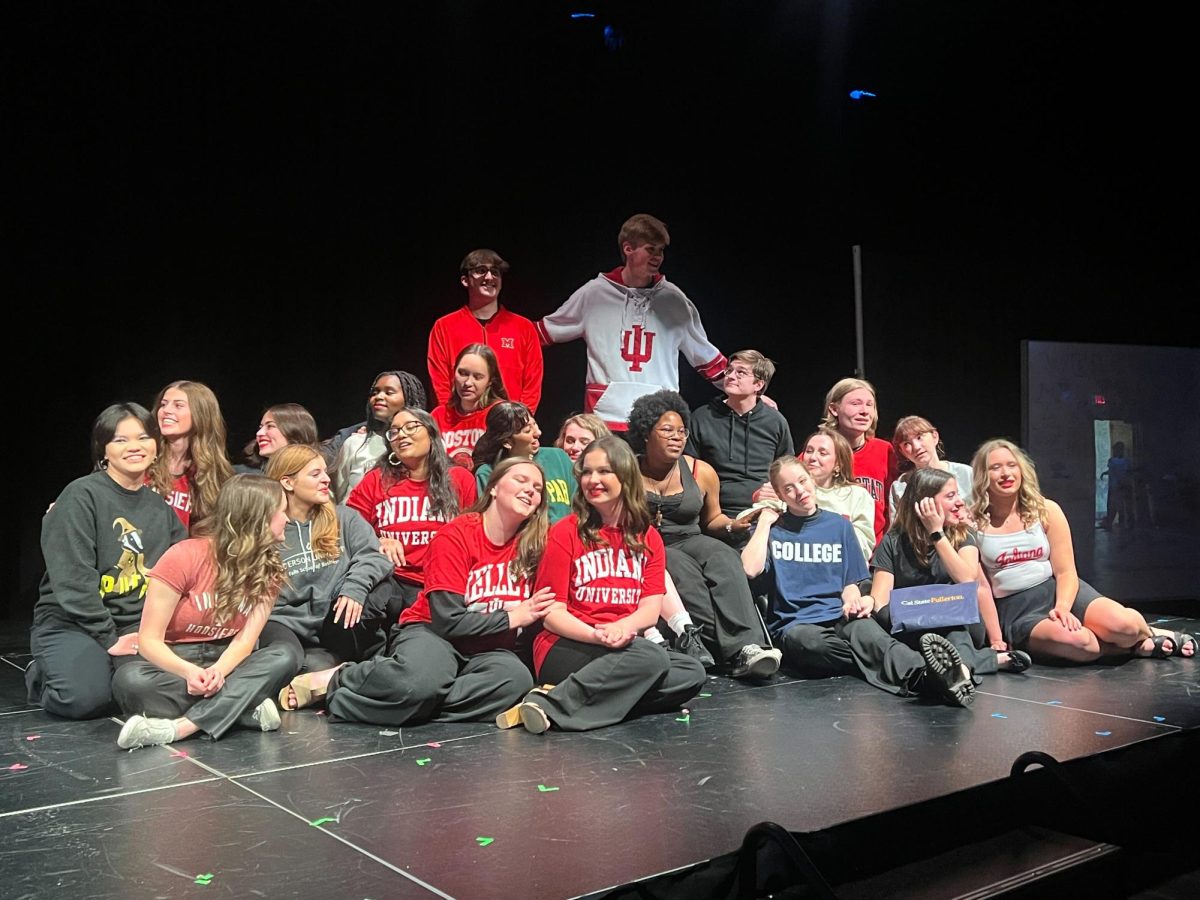



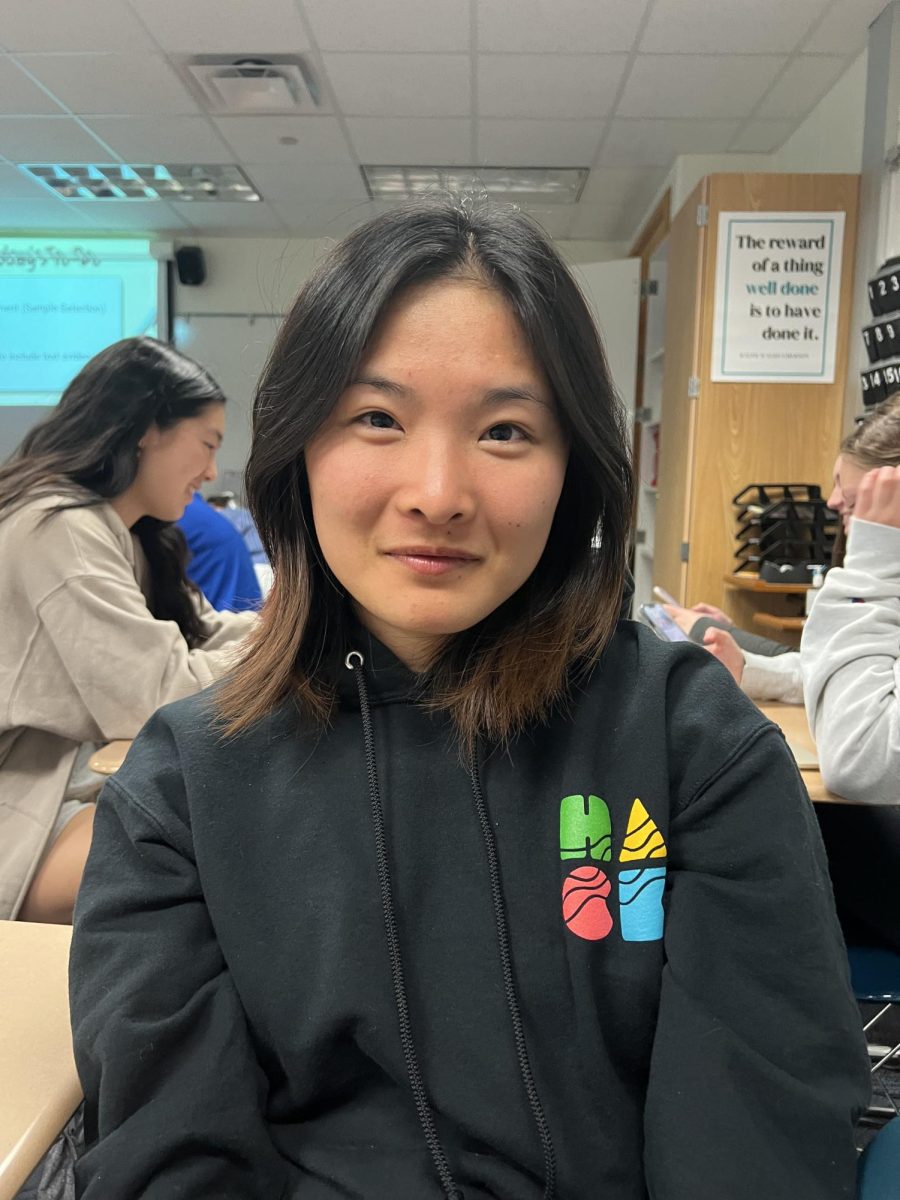
















![Review: “Suits” is a perfect blend of legal drama and humor [MUSE]](https://hilite.org/wp-content/uploads/2024/04/unnamed-1.png)
![Chelsea Meng on her Instagram-run bracelet shop [Biz Buzz]](https://hilite.org/wp-content/uploads/2024/04/IMG_2446-1200x838.jpg)
![Review: Quiet on Set: The Dark Side of Kids TV is the long awaited exposé of pedophilia within the children’s entertainment industry [MUSE]](https://hilite.org/wp-content/uploads/2024/04/unnamed.jpg)
![Review: “The Iron Claw” cannot get enough praise [MUSE]](https://hilite.org/wp-content/uploads/2024/04/unnamed.png)
![Review: “The Bear” sets an unbelievably high bar for future comedy shows [MUSE]](https://hilite.org/wp-content/uploads/2024/03/unnamed.png)
![Review in Print: Maripaz Villar brings a delightfully unique style to the world of WEBTOON [MUSE]](https://hilite.org/wp-content/uploads/2023/12/maripazcover-1200x960.jpg)
![Review: “The Sword of Kaigen” is a masterpiece [MUSE]](https://hilite.org/wp-content/uploads/2023/11/Screenshot-2023-11-26-201051.png)
![Review: Gateron Oil Kings, great linear switches, okay price [MUSE]](https://hilite.org/wp-content/uploads/2023/11/Screenshot-2023-11-26-200553.png)
![Review: “A Haunting in Venice” is a significant improvement from other Agatha Christie adaptations [MUSE]](https://hilite.org/wp-content/uploads/2023/11/e7ee2938a6d422669771bce6d8088521.jpg)
![Review: A Thanksgiving story from elementary school, still just as interesting [MUSE]](https://hilite.org/wp-content/uploads/2023/11/Screenshot-2023-11-26-195514-987x1200.png)
![Review: When I Fly Towards You, cute, uplifting youth drama [MUSE]](https://hilite.org/wp-content/uploads/2023/09/When-I-Fly-Towards-You-Chinese-drama.png)
![Postcards from Muse: Hawaii Travel Diary [MUSE]](https://hilite.org/wp-content/uploads/2023/09/My-project-1-1200x1200.jpg)
![Review: Ladybug & Cat Noir: The Movie, departure from original show [MUSE]](https://hilite.org/wp-content/uploads/2023/09/Ladybug__Cat_Noir_-_The_Movie_poster.jpg)
![Review in Print: Hidden Love is the cute, uplifting drama everyone needs [MUSE]](https://hilite.org/wp-content/uploads/2023/09/hiddenlovecover-e1693597208225-1030x1200.png)
![Review in Print: Heartstopper is the heartwarming queer romance we all need [MUSE]](https://hilite.org/wp-content/uploads/2023/08/museheartstoppercover-1200x654.png)























![Review: Ladybug & Cat Noir: The Movie, departure from original show [MUSE]](https://hilite.org/wp-content/uploads/2023/09/Ladybug__Cat_Noir_-_The_Movie_poster-221x300.jpg)

![Review: Next in Fashion season two survives changes, becomes a valuable pop culture artifact [MUSE]](https://hilite.org/wp-content/uploads/2023/03/Screen-Shot-2023-03-09-at-11.05.05-AM-300x214.png)
![Review: Is The Stormlight Archive worth it? [MUSE]](https://hilite.org/wp-content/uploads/2023/10/unnamed-1-184x300.png)

